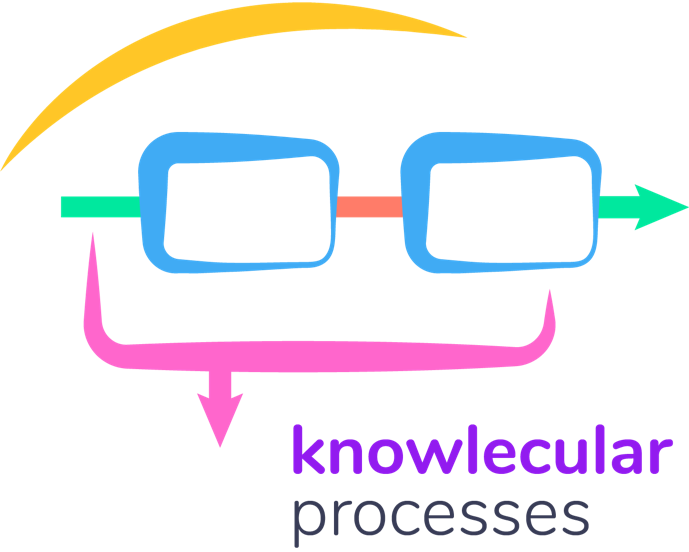3 ways to overcome “too hard to measure”
“3 ways to overcome “too hard to measure””
Darrell Velegol, PhD
2024apr03
“We can’t use our probability estimates -- we don’t trust that they’re right.” If a measurement is valuable, we must find a way to measure it. As Douglas Hubbard says in his A+ book “How to Measure Anything”, taking measurements reduces the uncertainty of an observable phenomenon, and so reduces potential harm or ruin from it. How to move forward?
1. Resolve to measure the most valuable observations as numbers. As Hubbard says (paraphrase), “If something matters, you can detect it. If you can detect it, you can detect an amount or intensity or range. If you can detect a range, you can measure it!” And if it’s hard to measure, that gives you an EDGE in competition. Can you measure love, or pleasure, or passion? Yes, once you define what you mean. The book discusses the concept in detail.
2. Information has value. If I say that Chicago is a drive from here of 500 to 1000 miles, you might think, “Well that’s a broad range, of little use.” Not so. I know from that range that I’ll need to fill my gasoline tank at least once, but not 5 times. Even noisy measurements add value, as long as there is real expert opinion amidst the noise.
3. Gather 5 estimates from people knowledgeable about the observation. There is a 93% probability that the median of a population is between the smallest and largest values in a population of 5. I’ve checked the statistics -- it’s correct. Ask 5 smart people, write down the numbers, and recognize that the measurement is likely between the high and the low.
